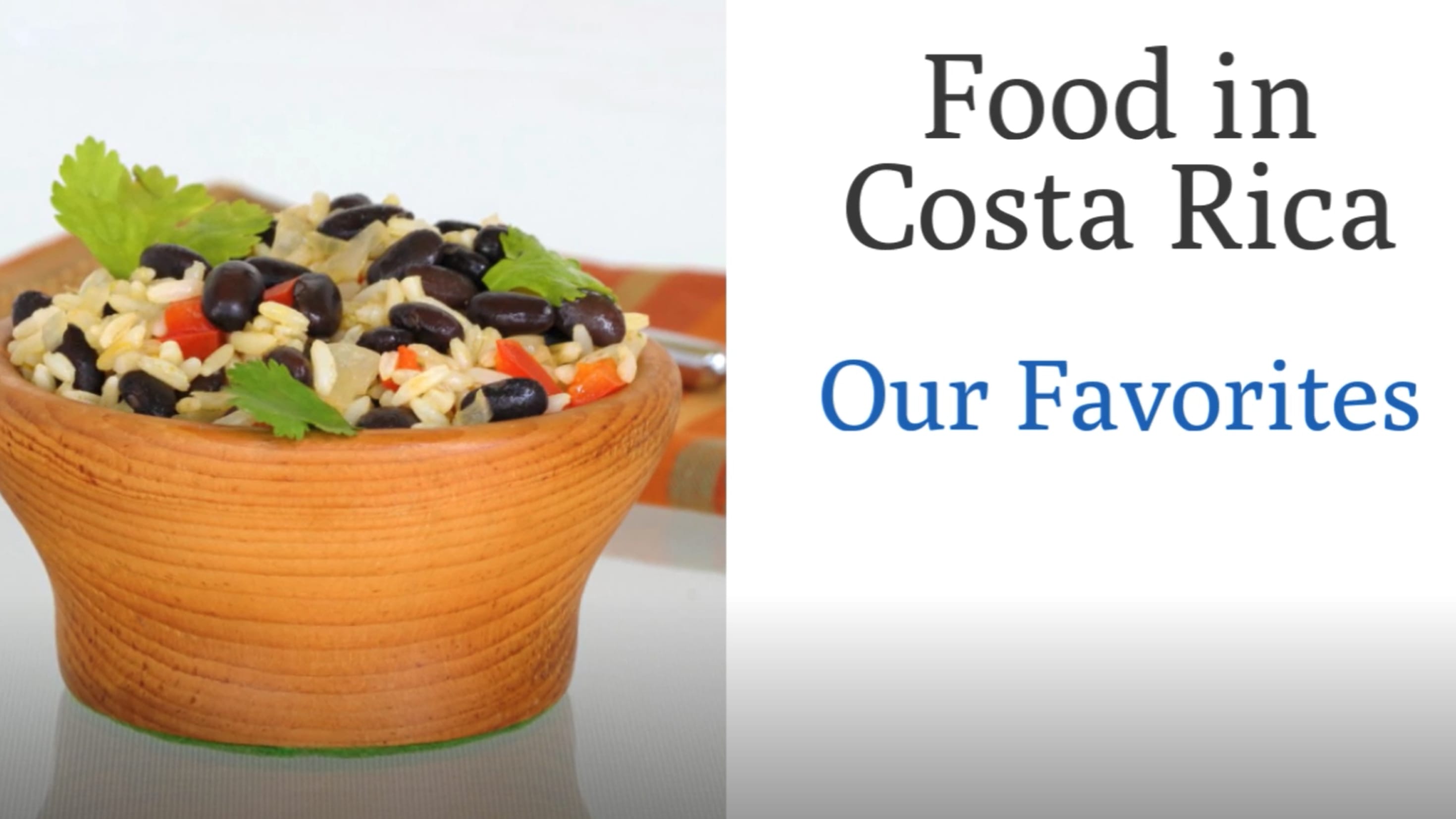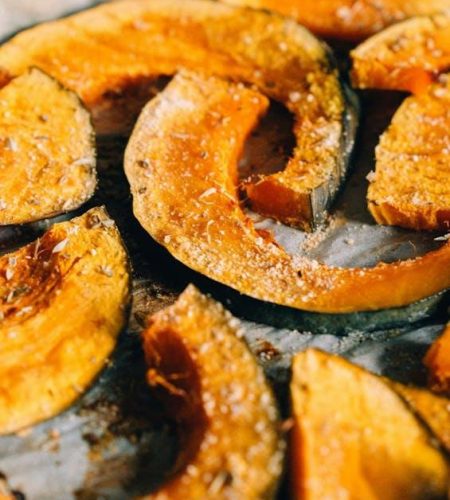Are you tired of the same old bland chicken and broccoli routine on your Whole30 journey? Are you craving a little spice and excitement to mix things up? Well buckle up, because we’re about to take your taste buds on a wild ride through the vibrant and delicious flavors of Costa Rica. Say goodbye to boring meals and hello to a fiesta of flavors that will elevate your Whole30 experience to a whole new level. Get ready to salsa dance your way to a healthier, happier you with the bold and delicious tastes of Costa Rican cuisine. Let’s spice things up and add a little “pura vida” to your plate!
Contents
Discovering the Vibrant Tastes of Costa Rican Cuisine
Ready to tantalize your taste buds with the exciting flavors of Costa Rican cuisine? Get ready for a culinary journey like no other as we explore the vibrant dishes that make this Central American country a foodie paradise.
From the traditional gallo pinto to the mouth-watering ceviche, Costa Rican cuisine is all about fresh ingredients and bold flavors. Imagine savoring a plate of tacos de cerdo or digging into a steaming bowl of arroz con pollo - your taste buds will thank you!
But it’s not just about the savory dishes – Costa Rica is also famous for its sweet treats like tres leches cake and churros. And let’s not forget about the delightful frutas tropicales that add a burst of freshness to every meal.
So, whether you’re a foodie looking for your next culinary adventure or just someone who loves to eat, exploring the vibrant tastes of Costa Rican cuisine is guaranteed to be a feast for the senses. Get ready to discover a whole new world of flavors that will leave you craving more!

Exploring the Key Ingredients of Costa Rican Cooking
Costa Rican cooking is full of vibrant flavors, bold spices, and fresh ingredients that come together to create mouthwatering dishes that are sure to leave you craving more. Let’s take a closer look at some of the key ingredients that make Costa Rican cuisine so delicious:
First up, we have rice and beans, the cornerstone of Costa Rican cuisine. Known as Gallo Pinto, this traditional dish combines fluffy white rice with savory black beans, creating a perfect balance of flavors and textures. Whether enjoyed for breakfast, lunch, or dinner, rice and beans are a staple in every Costa Rican household.
Next, we have plantains, a versatile fruit that is a common ingredient in many Costa Rican dishes. Whether fried, boiled, or mashed, plantains add a unique sweetness to savory dishes like Tostones or Platanos Maduros, making them a favorite among locals and visitors alike.
No Costa Rican meal would be complete without fresh vegetables like tomatoes, bell peppers, and onions. These colorful veggies add a burst of flavor and nutrition to every dish, whether served in a hearty Casado or a zesty Gallo Pinto. With an abundance of fresh produce available year-round, Costa Rican cooking is both delicious and healthy!

Incorporating Traditional Costa Rican Dishes into Your Whole30 Menu
So you’ve decided to take on the Whole30 challenge and now you’re wondering how to incorporate traditional Costa Rican dishes into your menu. Fear not, my friend! I’ve got you covered with some delicious suggestions that will make your taste buds do the salsa dance.
First up, let’s talk about gallo pinto, the quintessential breakfast dish of Costa Rica. This flavorful combination of rice and beans is a staple in Tico cuisine. To make it Whole30 compliant, simply use cauliflower rice instead of white rice. Don’t forget to add some chopped bell peppers, onions, and a sprinkle of cilantro for that authentic Costa Rican taste.
Next on the menu is ceviche, a refreshing dish that’s perfect for warmer days. To make a Whole30-friendly version, skip the traditional crackers and serve it with thinly sliced cucumbers or jicama instead. You can also add some diced mango for a touch of sweetness that will transport you straight to the beaches of Costa Rica.
And let’s not forget about olla de carne, a hearty beef soup that’s packed with vegetables and flavor. For a Whole30 twist, use bone broth as the base and load it up with carrots, plantains, and cassava. Top it off with a squeeze of lime and some fresh cilantro for a truly authentic Costa Rican experience.

Spicing Up Your Meals with Zesty Costa Rican Flavors
Ready to take your taste buds on a wild ride through the vibrant flavors of Costa Rica? Look no further! We’ve got the inside scoop on how to add a little zest to your meals with some traditional Costa Rican spices.
First up, let’s talk about the star of the show - Salsa Lizano. This beloved condiment is a staple in Costa Rican cuisine and can be added to just about anything. From rice and beans to grilled meats, Salsa Lizano is guaranteed to add a punch of flavor that will leave you craving more. So go ahead, drizzle it on top of your veggies or mix it into your favorite dip – your taste buds will thank you!
Next on our list of must-try spices is Costa Rican Cilantro Paste. This herbaceous paste is bursting with fresh citrusy flavors that will instantly elevate any dish. Use it as a marinade for your meats, mix it into your guacamole, or spread it onto your sandwich for a zesty kick that will have you saying “Pura Vida!”
And last but not least, don’t forget to sprinkle on some Costa Rican Sazon seasoning. This blend of spices, including cumin, garlic, and paprika, will bring a bold and savory taste to your meals that you won’t be able to resist. Whether you’re cooking up a storm in the kitchen or grilling up some delicious BBQ, Costa Rican Sazon is sure to take your dishes to the next level!

Mastering the Art of Cooking Costa Rican Inspired Whole30 Recipes
So you’ve made the decision to embark on a Whole30 journey, but you’re not sure how to incorporate some Costa Rican flair into your meals? Don’t fret, because we’ve got you covered with some tips and tricks to master the art of cooking Costa Rican inspired Whole30 recipes!
First things first, let’s talk about the staple ingredients in Costa Rican cuisine. From black beans to plantains, there are a few key ingredients that you’ll want to have on hand to really capture the essence of Costa Rican flavors. Don’t forget to stock up on fresh cilantro, limes, and lots of garlic – because let’s be honest, you can never have too much garlic. And of course, don’t forget the star of the show: coconut milk. It’s rich and creamy and adds a delicious tropical twist to any dish.
When it comes to protein, Costa Ricans love their seafood. So why not incorporate some fresh fish or shrimp into your Whole30 meals? Grilled snapper with a zesty lime marinade or shrimp ceviche are sure to transport you straight to the beaches of Costa Rica. And don’t forget to add some heat with a sprinkle of chili flakes or a dash of hot sauce – because a little spice makes everything nice!
Lastly, presentation is key when it comes to mastering the art of cooking Costa Rican inspired recipes. Serve your dishes with a side of pico de gallo or a refreshing cucumber salad. And don’t forget to garnish with some fresh avocado slices and a sprinkle of toasted coconut for that extra touch of tropical paradise. So grab your apron, turn on some Latin music, and get ready to take your taste buds on a flavorful journey through Costa Rica!
Sourcing Authentic Costa Rican Ingredients for Your Whole30 Journey
So you’ve decided to embark on a Whole30 journey and are in search of authentic Costa Rican ingredients to spice up your meals? Look no further, because we’ve got you covered with the best tips and tricks to source the freshest, most flavorful ingredients straight from the heart of Costa Rica.
When it comes to cooking authentic Costa Rican cuisine, there are a few key ingredients that you simply can’t do without. From lush tropical fruits to savory spices, here are some must-have items to add to your shopping list:
- Fresh Plantains: Whether you’re frying them up for tostones or using them in a stew, plantains are a staple in Costa Rican cooking.
- Coconut Milk: Creamy and rich, coconut milk is used in everything from soups to desserts in Costa Rican cuisine.
- Chayote Squash: This versatile vegetable can be eaten raw in salads or cooked in stews and soups.
- Cilantro: No Costa Rican dish is complete without a generous handful of fresh cilantro.
Now that you know what ingredients to look for, it’s time to hit the local markets and grocery stores to stock up on everything you need for your Whole30 journey. Don’t be afraid to ask the vendors for recommendations or tips on how to use unfamiliar ingredients – after all, food is a universal language that brings us all together!
FAQs
Q: What are some traditional Costa Rican ingredients I can incorporate into my Whole30 diet?
A: Think plantains, yuca, and hearts of palm – forget the bland chicken breast and steamed broccoli, we’re going full-on tropical here!
Q: Are there any specific spices or sauces that can really elevate my dishes?
A: Absolutely! Try adding some Lizano sauce for that extra kick of flavor, or experiment with achiote paste for a burst of color and taste.
Q: How can I make my Whole30 meals more exciting and flavorful?
A: Get creative with your presentation – think banana leaf wraps, plantain bowls, or even coconut ceviche. The possibilities are endless!
Q: What are some classic Costa Rican dishes that can easily be made Whole30-compliant?
A: Traditional dishes like Gallo Pinto (rice and beans), Casado (rice, beans, plantains, and protein), or ceviche can all be tweaked to fit your Whole30 goals.
Q: Any tips for incorporating more fresh fruits and vegetables into my Costa Rican-inspired Whole30 meals?
A: Visit your local farmer’s market for a variety of fresh produce, and don’t be afraid to experiment with different textures and flavors – the more colorful, the better!
—
¡Pura Vida!
As you embark on your Costa Rican-inspired Whole30 journey, remember to embrace the flavors and spirit of this beautiful country. With a bit of creativity and a splash of salsa Lizano, you can take your favorite Whole30 recipes to a whole new level.
So go ahead, add some gallo pinto to your breakfast, whip up a delicious ceviche for lunch, and finish off the day with a tasty casado for dinner. Your taste buds will thank you, and your Whole30 will never be the same again.
Remember, eating well doesn’t have to be boring – ¡Pura vida!




